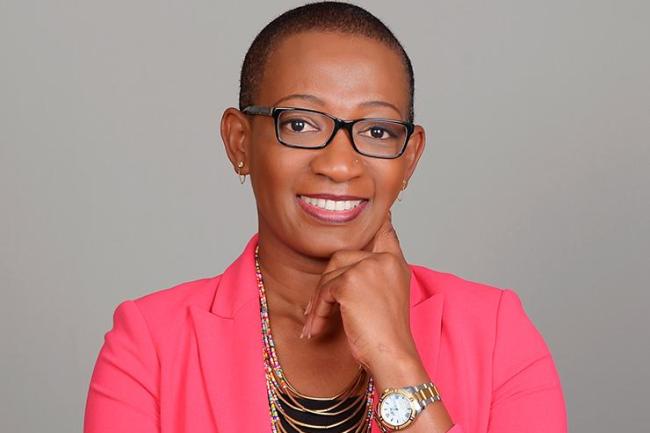By Brittany Bailer
J. Jarpa Dawuni, Ph.D., founding director of Howard University’s Center for Women, Gender, and Global Leadership and associate professor of political science, has been named the principal investigator on a $700,000 research grant from the National Science Foundation.
“The judiciary is the third arm of government. Women’s representation in law and leadership is essential for democratic governance principles of equality and legitimacy,” Dawuni said. “Women’s representation promotes not only symbolic diversity, but also contributes to the enrichment of judicial decisions and the development of inclusive jurisprudence.”
Dawuni has authored four books on women judges and her pioneering research of women in African judiciaries has established her as an expert in the field. This research will expand upon Dawuni’s previous research on women’s representation in judiciaries across the African continent. Findings from the four books she has edited show that, while experiences vary between countries, African women are well-represented in international courts and tribunals. Africa leads the world in the number of female chief justices and constitutional court presidents. However, they still face gender-based stereotyping, balancing professional and personal responsibilities, etc.
A judiciary is when the composition of courts reflects that of the population for grounds of fairness, nondiscrimination, justice, and legitimacy. However, access to judgeships around the world is highly uneven for groups that stand at the intersection of multiple forms of oppression.
The research will explore access to judgeship for Black and Afro-descendant women in Brazil, Burkina Faso, Colombia, Costa Rica, Jamaica, South Africa, the United States, and the United Kingdom. Dawuni will work with Alice Kang, Ph.D. from the University of Nebraska-Lincoln, and University of Georgia professors Gbemende Johnson, Ph.D. and Daniel Marzo, Ph.D.
“I am excited to collaborate with colleagues on this innovative research that promises to expand our understanding on how intersectionality affects women’s representation in judiciaries,” Dawuni said.
This study will be the first comparative analysis of the inclusion of Black and Afro-descendant women judges on the bench. This study centers marginalized voices within “elite” institutions to uncover how institutional, socioeconomic, and political factors influence the trajectory, experiences, and obstacles that Black women jurists may encounter across countries and world regions.
The study’s findings will be published in peer-reviewed journals and a database built to share the data. The findings will also be shared at professional conferences and other outputs that would inform policy and promote diversity programs to increase women’s representation and promote social justice.



